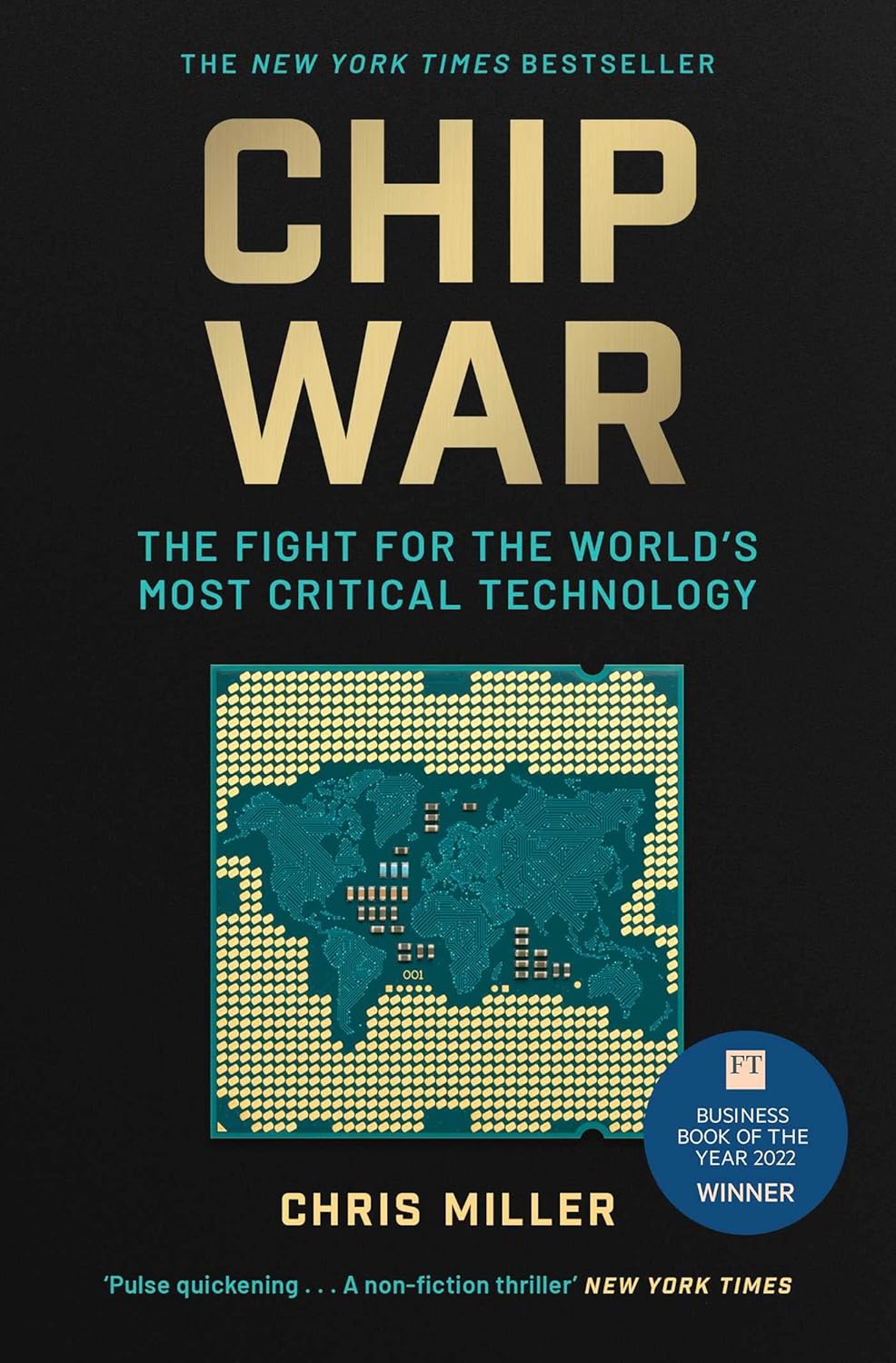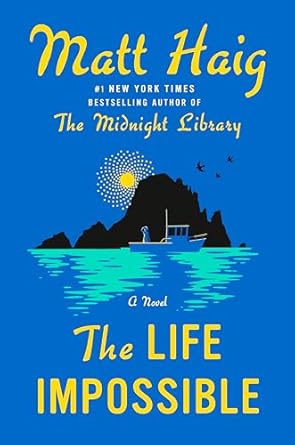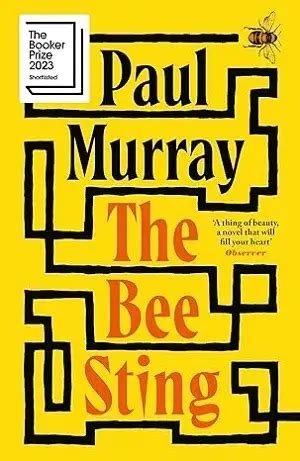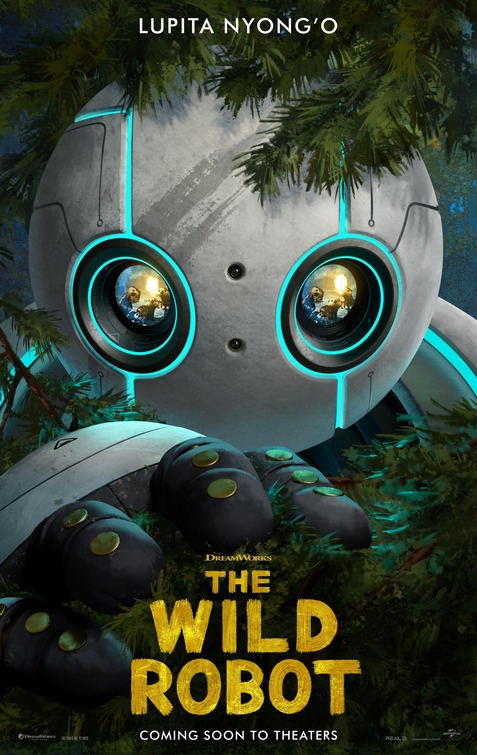2025 Entertainment Favourites
2025 has come to a close! So I've once again returned to pick my favourite books/movies/tv shows of the year! If you're interested in what I'm consuming during the year, you can see my books on GoodReads (and now mirrored on Story Graph), My tv shows and movies I track on Trakt. And for previous years posts see: 2024, 2023, 2022, 2021, 2020, 2019, 2018, 2017.
Books
The First Fifteen Lives of Harry August

An ex-colleague of mine recommended this, and it turned out to be a wonderful read. The story pulls you along and it was incredibly well written. I enjoyed the way the tension built throughout the book, and can whole-heartedly recommend to almost anyone.
Chip War

I found this book fascinating. The history of computer chips, and their current geopolitical importance was really well explained and gave me a new perspective on an industry closely related to my own.
Grief is the Thing With Feathers

This one was a little hard to get into at first, but really stayed with me. I found myself thinking about it long after I finished. The imagery is powerful and I came to appreciate it even more after watching Dua Lipa's interview with the author (Max Porter).
The Life Impossible

This was a beautiful, life-affirming book. And maybe I just read it at a really good time for me, but I felt a really strong connection to it. It's quite similar to Matt Haig's "The Midnight Library", so I think if you liked that, you'll likely enjoy this, but I personally enjoyed this one a lot more.
The Bee Sting

This was another book that took me a little while to get into, but wow is it worth it! The way the characters build up and you gradually learn more about their lives and history is super satisfying. The story is intense, and by the end you're left holding your breath. Reading this was an incredible experience.
Honourable Mentions
I genuinely think this is one of my best years ever for reading. I read a lot, but specifically I am referring to the quality. Never have I had such a hard time choosing a time 5, and I felt awful leaving out any of the following and I would still really highly recommend them all: How Music Got Free, The Creative Act: A Way of Being, Tolkein: A Biography, Addiction by Design, Ripe, Losing the Signal, Poverty by America, Just Mercy, Superheavy, Doom and Bloom, Small Boat, Funny Story, The Princess Bride, Foster, Conclave, Chess Story, One Small Step
Movies
It Ends with Us

This was such an intense movie. I watched this with my girlfriend and it was really heavy, but so important. We were both left in a state of shock afterwards, but it was a phenomenally well told story.
Louis Theroux: The Settlers

I love Louis Theroux, and this documentary was wonderfully put together. Highly recommend to anyone wanting more context on Israel's current occupation of Palestine.
Conclave

I watched this shortly after the real life conclave this year. It was a dramatic and enjoyable film and all the actors played their parts wonderfully. I can also highly recommend the book, as noted in my honourable mentions above.
Wild Robot

This was a really beautiful movie. It's cute and fun and remdinds me of kids movies from when I was growing up. The art style is amazing and would highly recommend to all.
Juror #2

This one had me on the edge of my seat! The slow build of tension was executed to perfection and I was glued to my chair the whole way through. I won't spoil much, but would encourage anyone to check it out.
Honourable Mentions
Some others this year that I really liked: The Surfer, Materialists, KPop Demon Hunters, The Naked Gun, Ballerina
TV Shows
Shameless (US)

I'm a little late to this one, but it's really good. Funny (though sometimes devastating) and has characters that feel very real.
Emily in Paris

It's been a really fun time watching this with my girlfriend. It's ridiculous, but comforting and enjoyable.
The Sopranos

I've heard a lot of references to 'The Sopranos' in my life so I thought it was time to return to the source. It's early days for me on this one, but I can already see why this is considered one of the best shows in TV history.
The Rehearsal

I don't usually put a show on this list unless I 'discovered' it in the year of that post. I'm making an exception for season 2 of the rehearsal though because a: it's really that good. and b: the second season tells a completely different story. And what a story it is! This was an insanely good season of TV and I can't say enough good things about Nathan Fielder. This is a masterpiece.
The Chair Company

Tim Robinson is another person whose work I'm also going to want to check out. His latest show certainly has my attention. I haven't finished season 1 yet, but it seems mind-bending, funny, and scary all at the same time. I'm excited to watch more and see where this goes.
Honourable Mentions
This year was quite scant on TV. I didn't really watch that much TV so I don't have any shoutouts this year. I barely had enough to even make a list!
Conclusion
I really enjoyed so much of 2025, and I'm excited for what 2026 will hold. Do reach out if you have any recommendations, as I always like to hear what other people are enjoying, and otherwise, I'll see you next year!
- etopiei (21/12/2025)